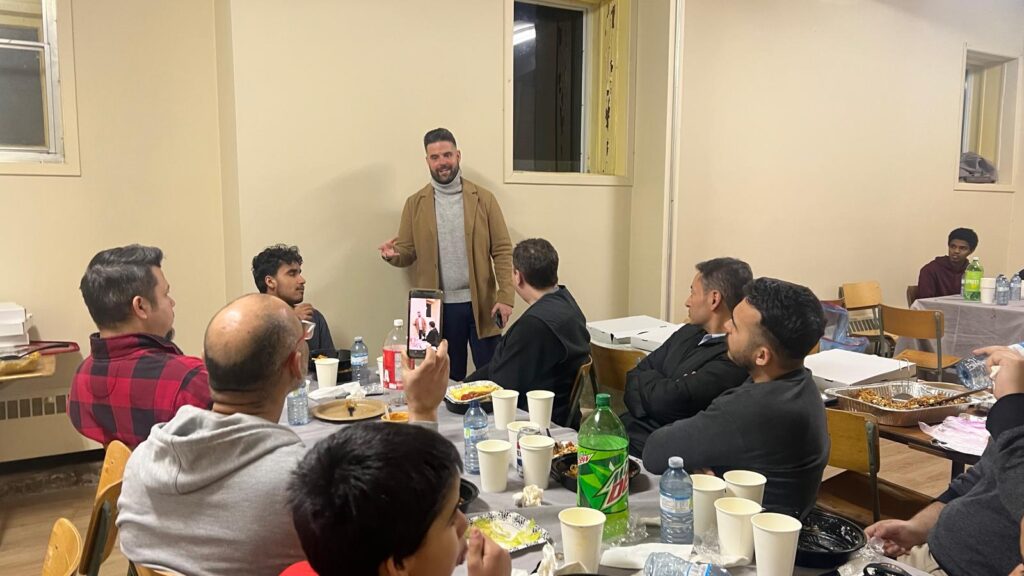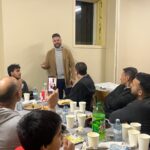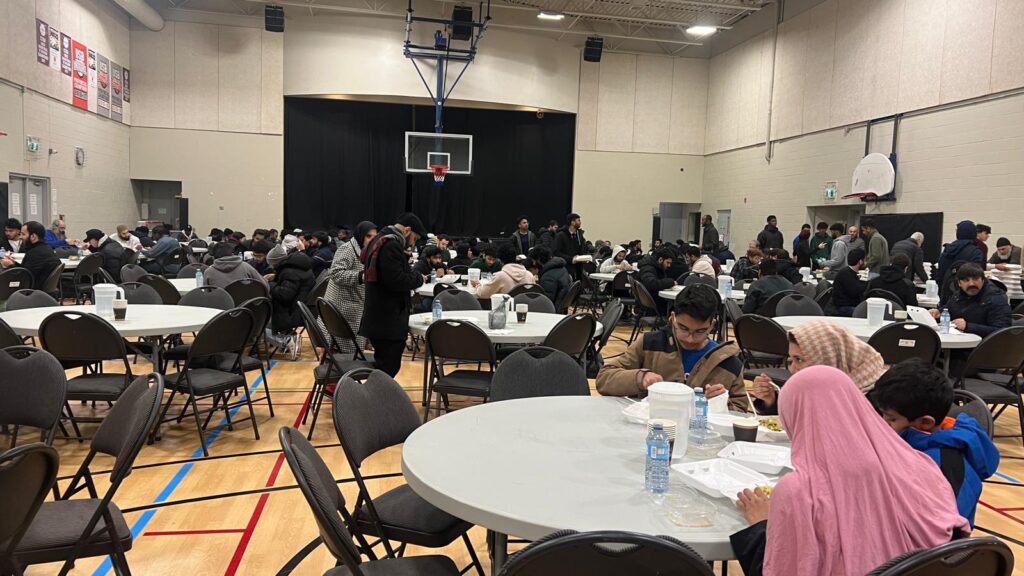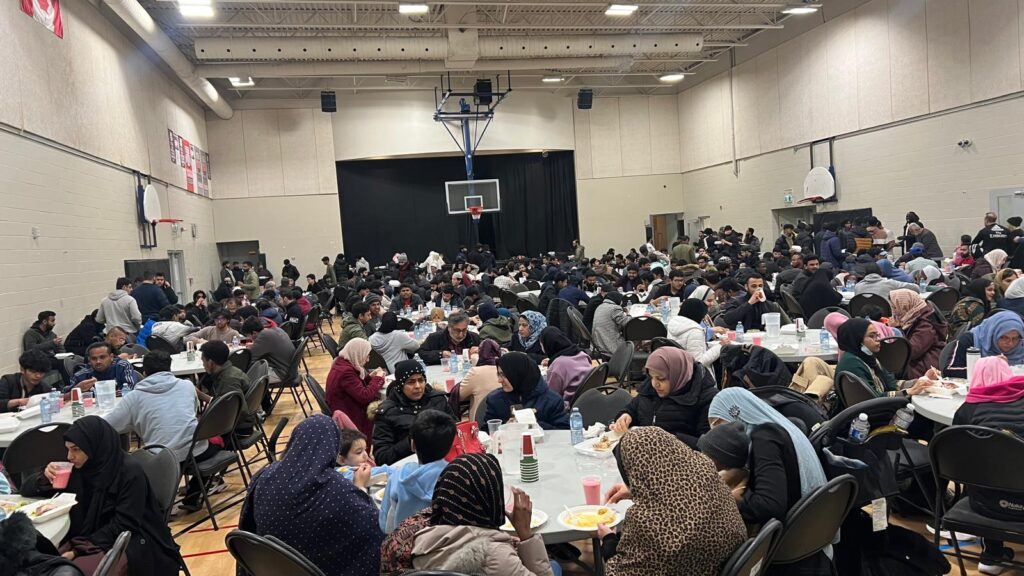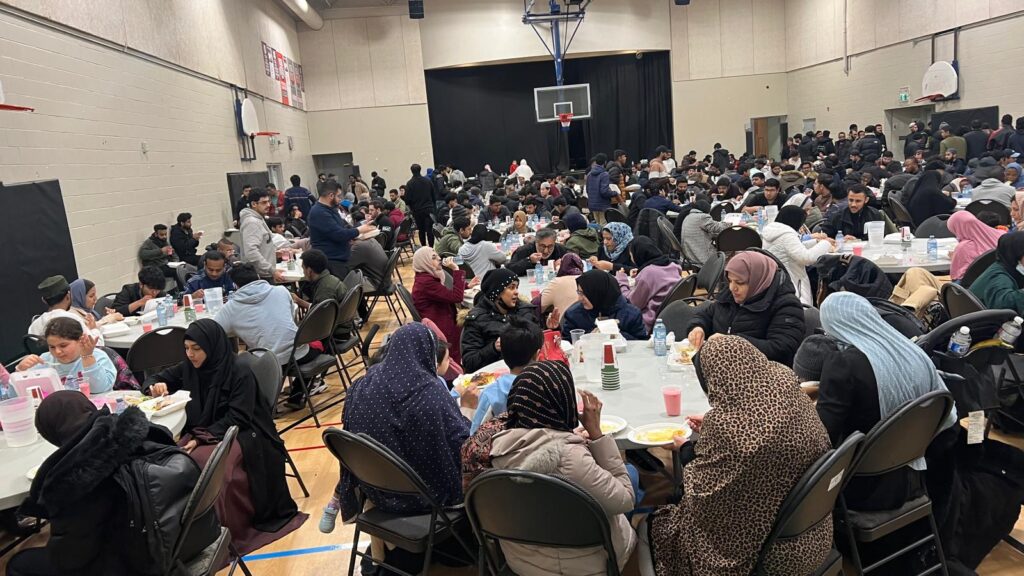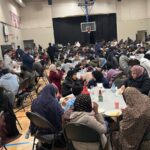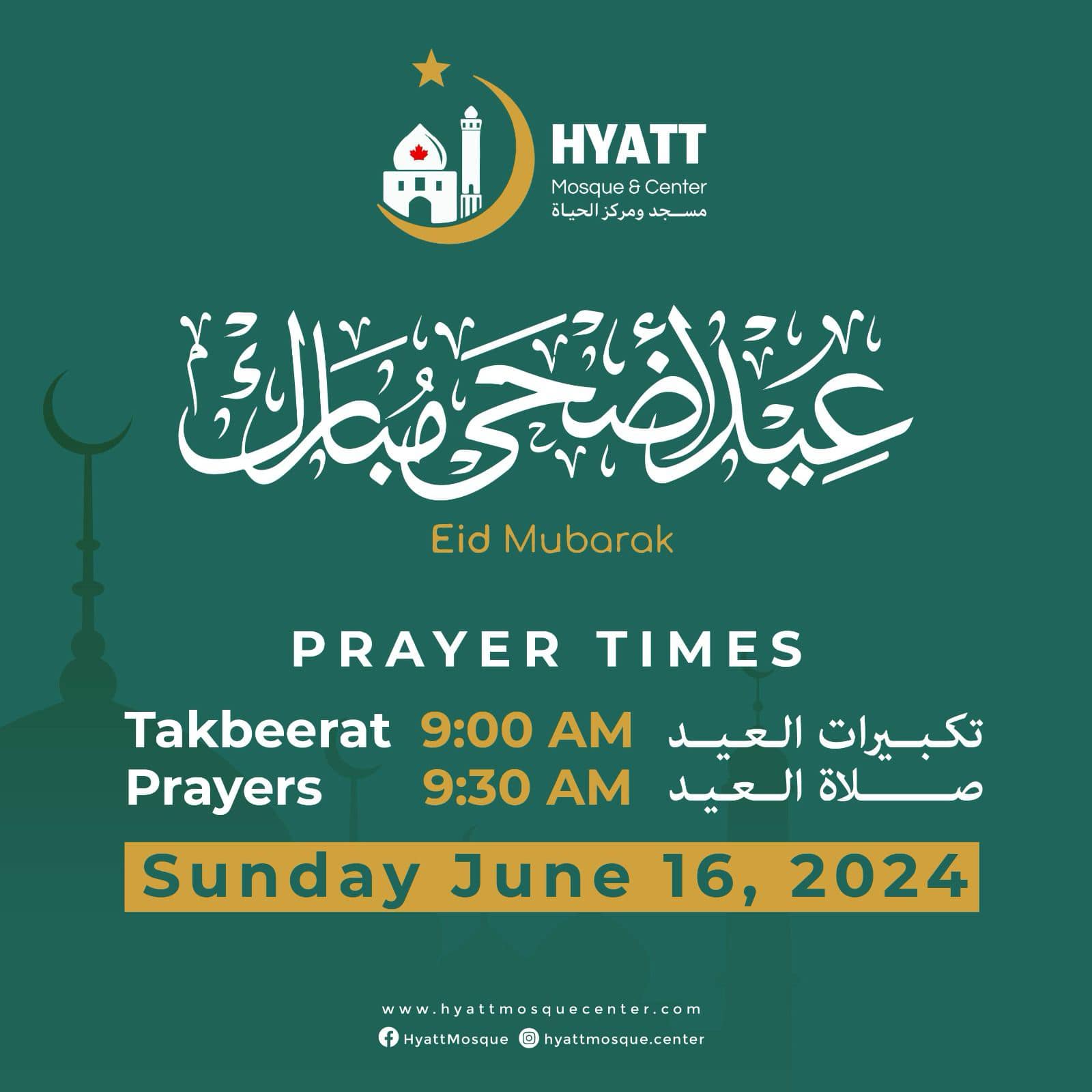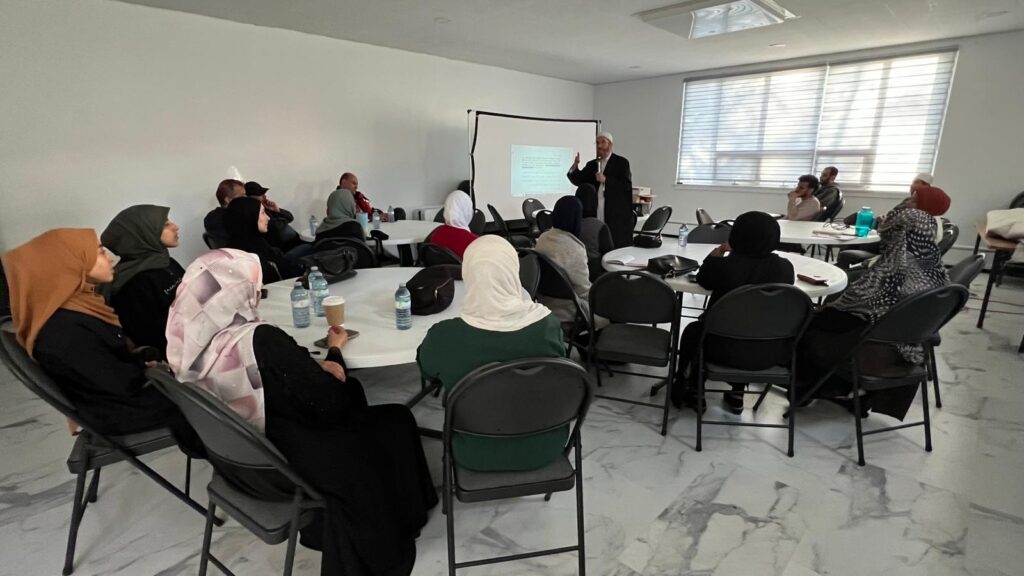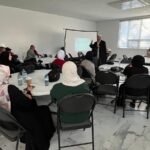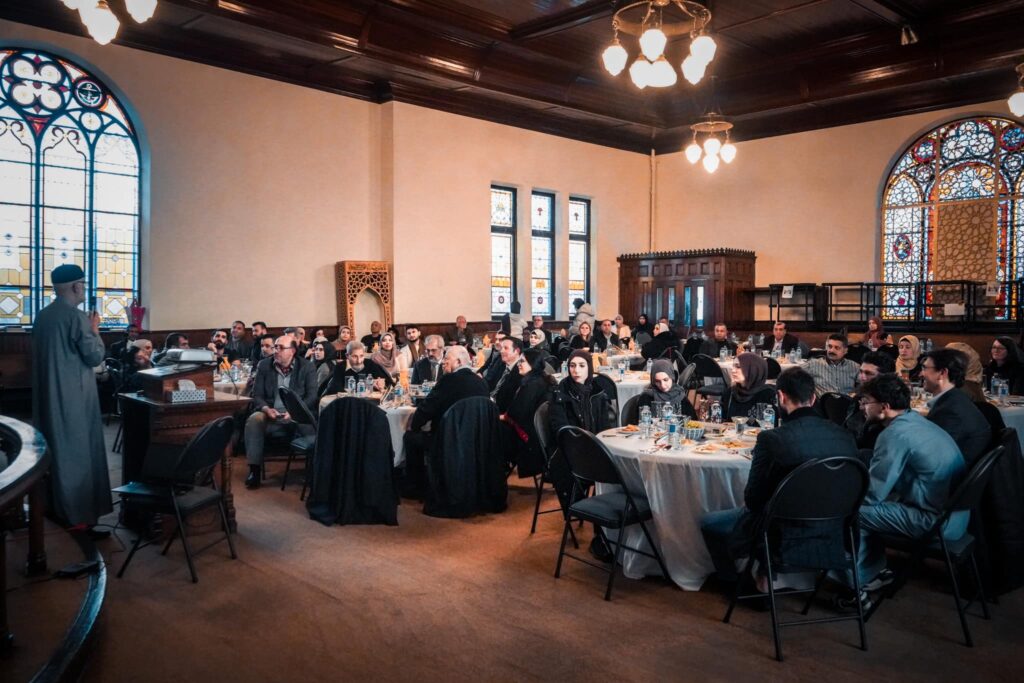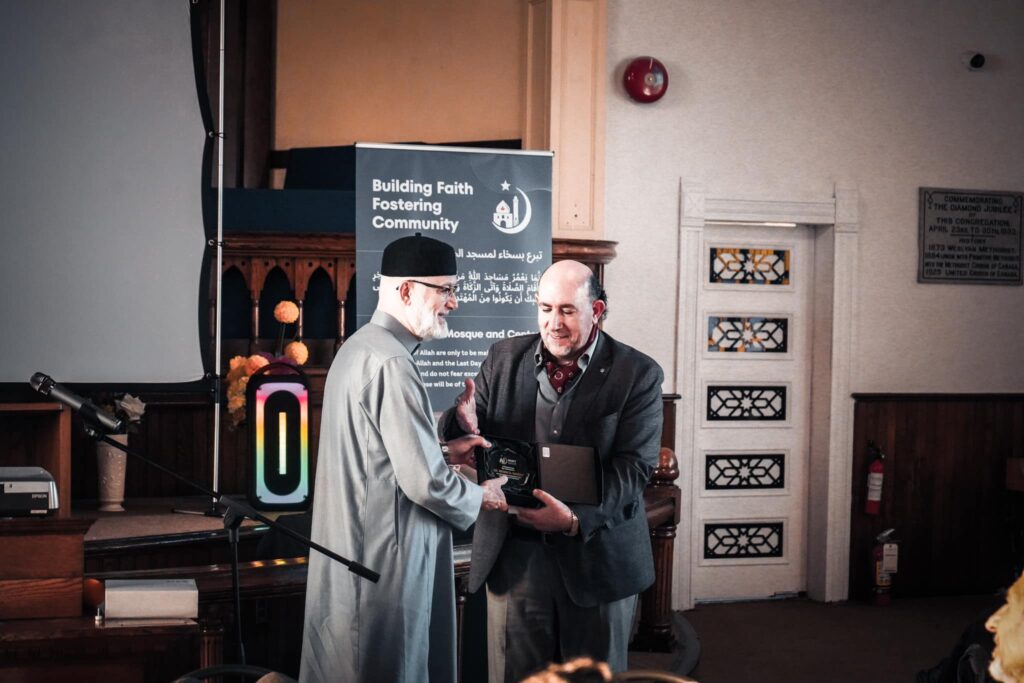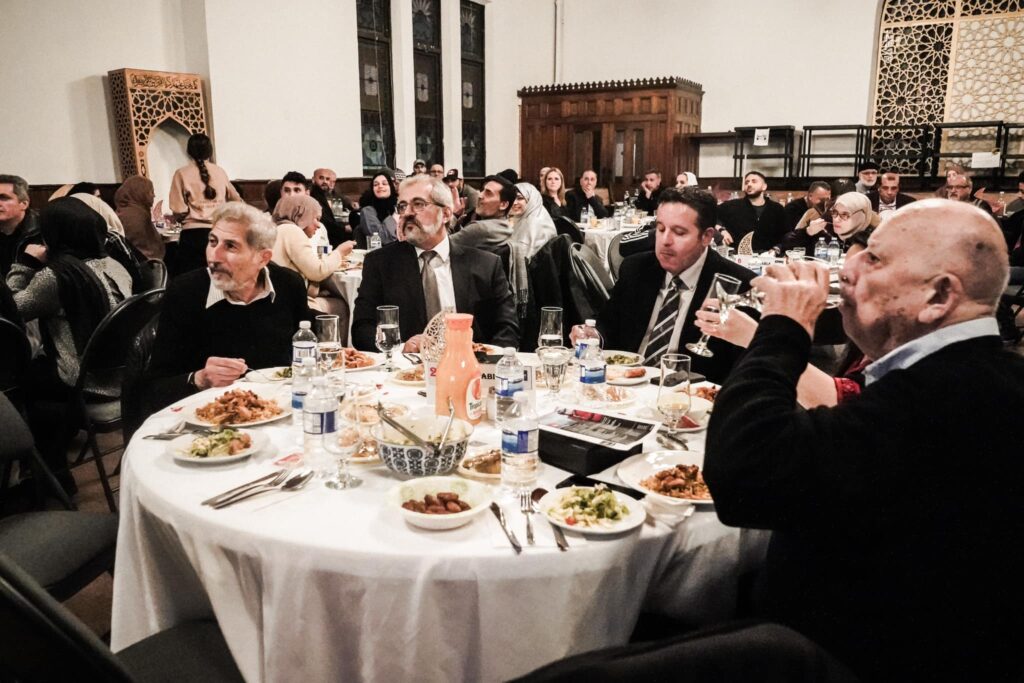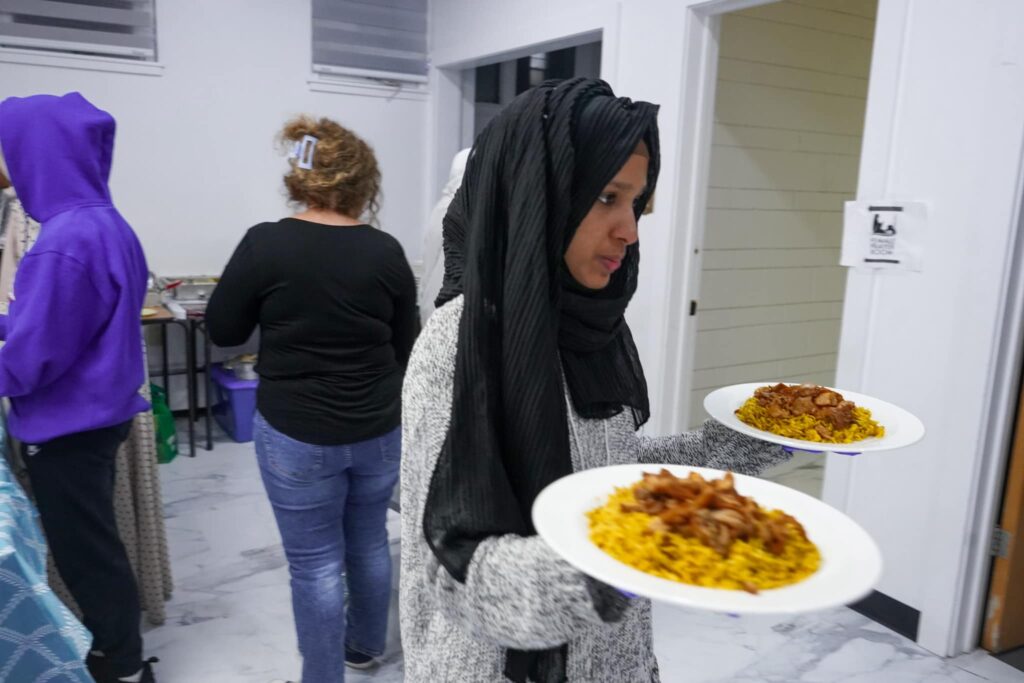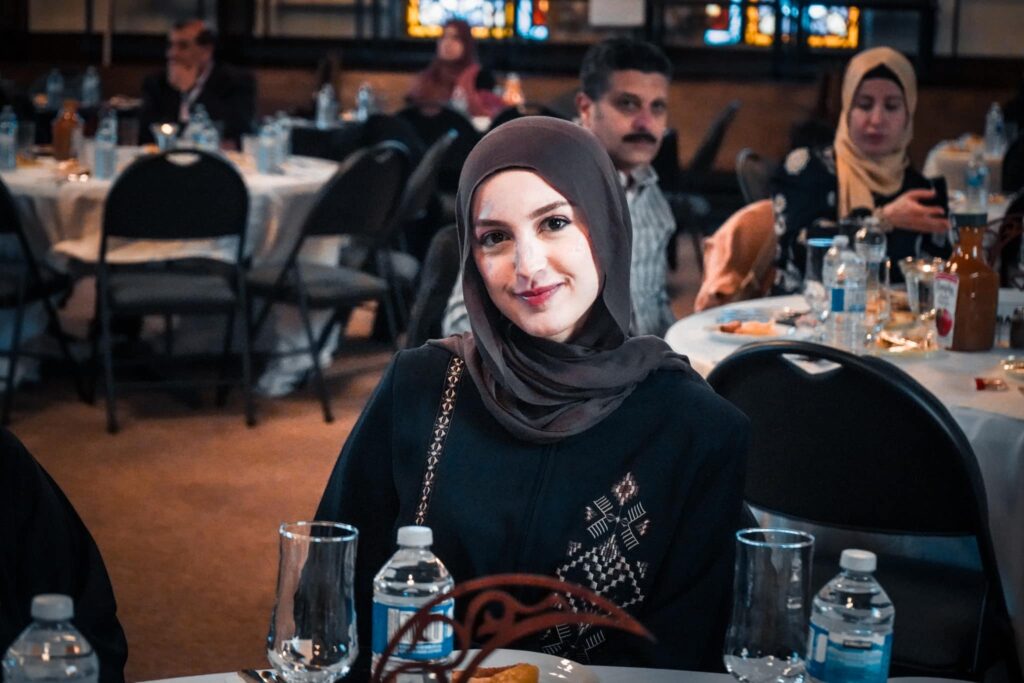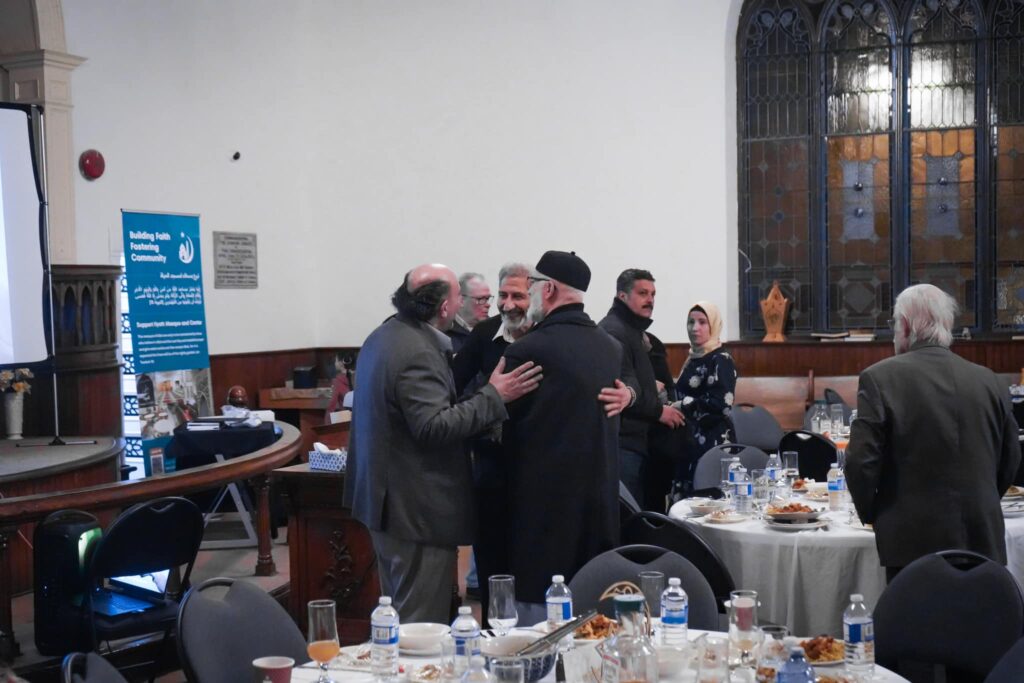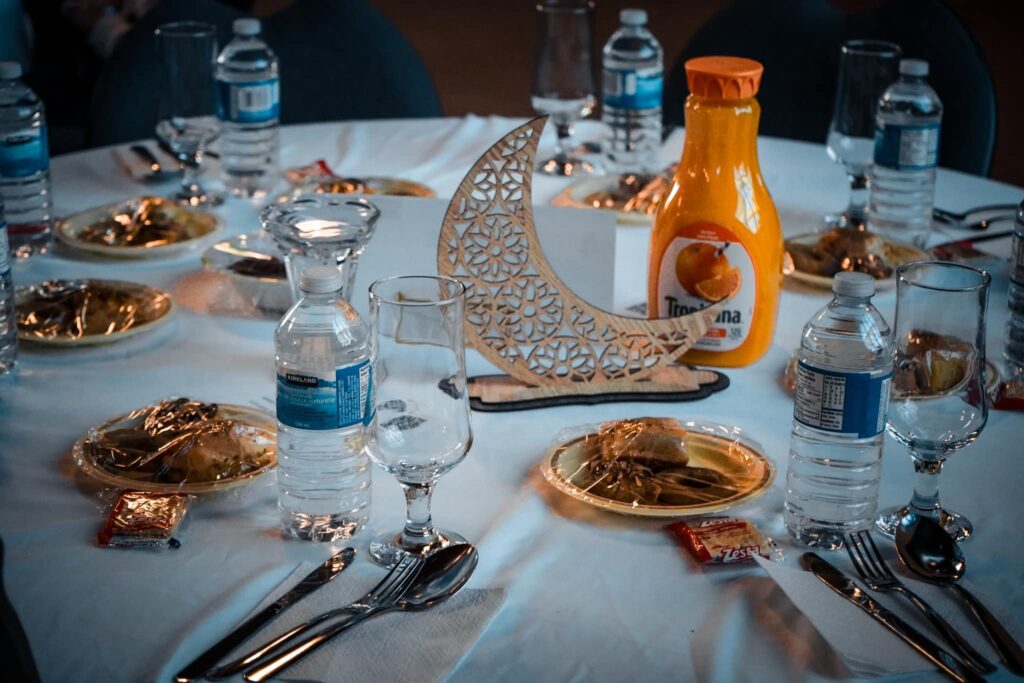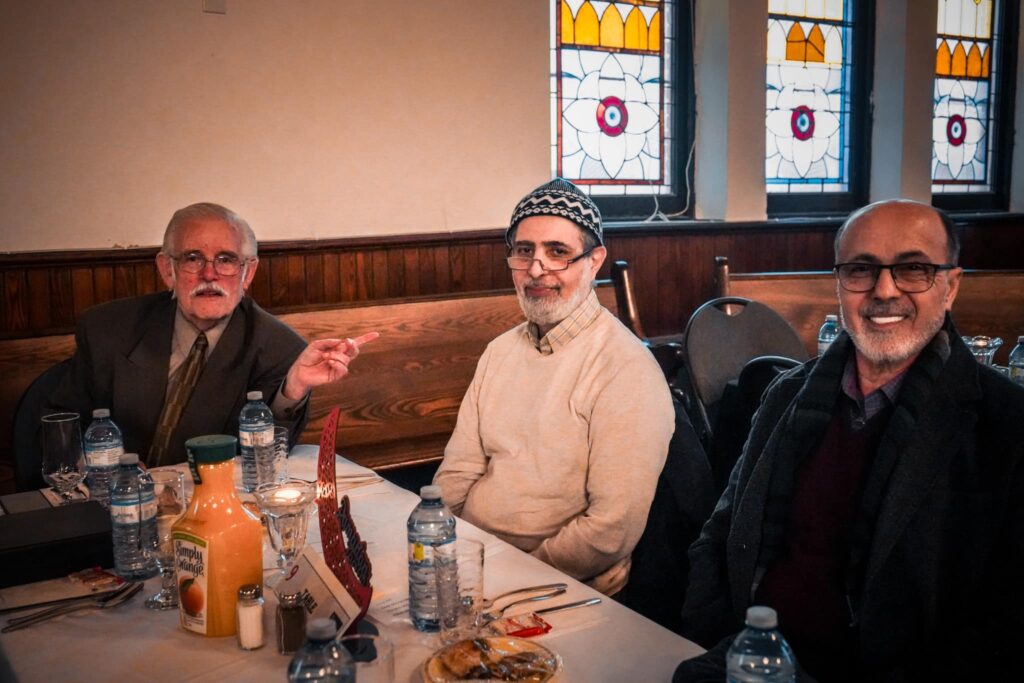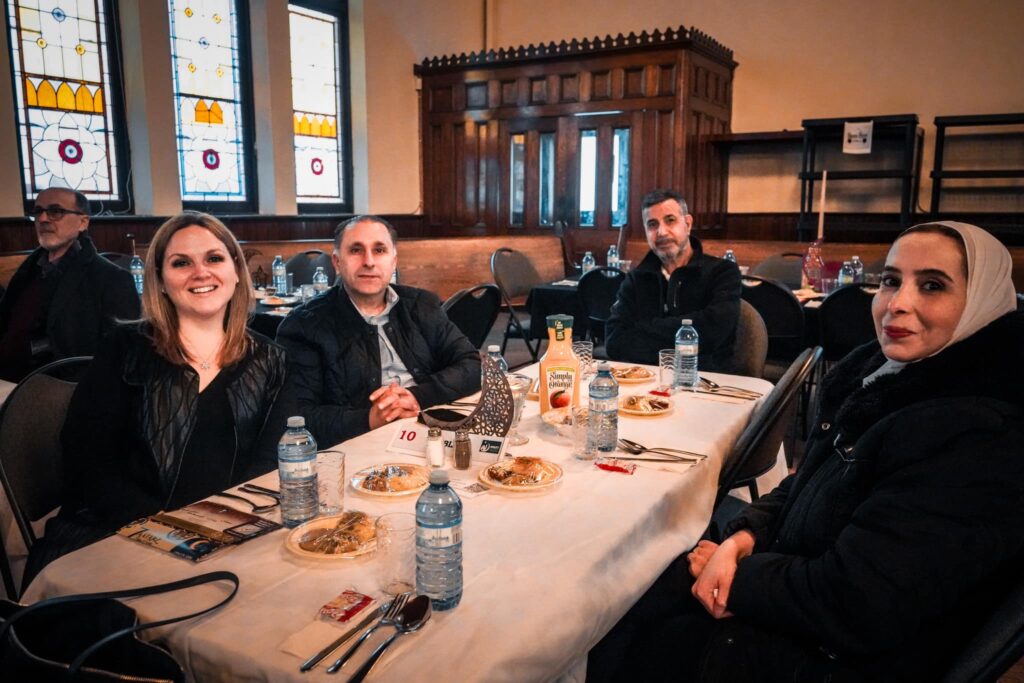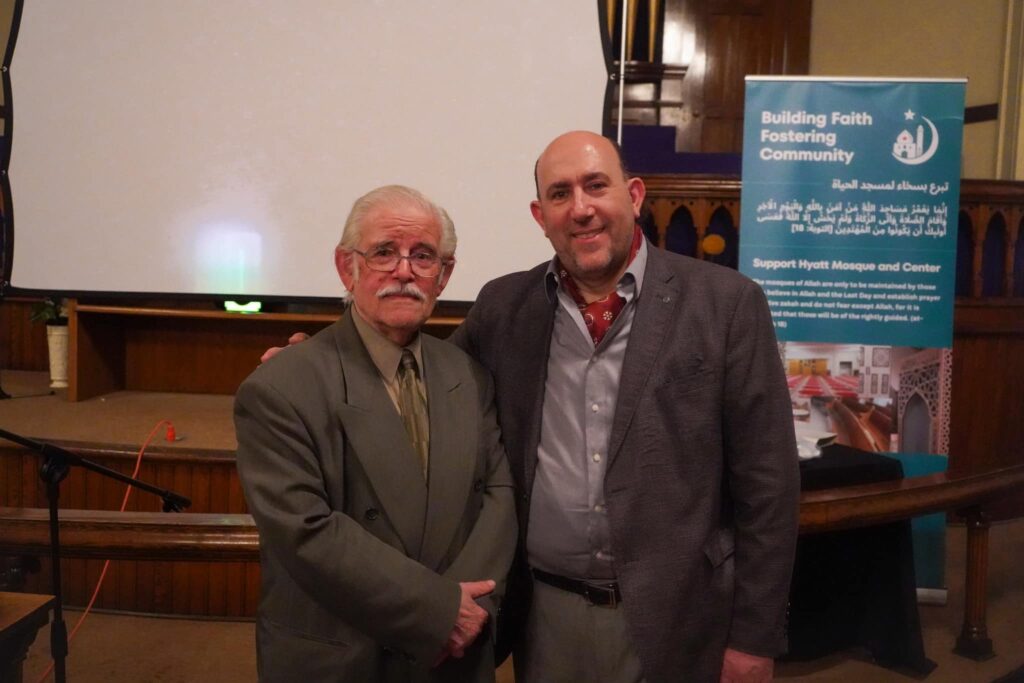*Note – this is an excerpt from The Prophet’s Pulpit: Commentaries on the State of Islam
In this article, the author emphasizes the moral lesson of “meaning” taught by all prophets of God, which emphasizes our existence is not a mere coincidence but a result of divine intent. The article argues that believing in coincidence as the teacher of morality leads to imbalances and disparities. It calls for rebelling against unfair institutions and societal norms to demonstrate the true meaning of faith, which is loving and accepting each other.
All the prophets of God taught the moral lesson of meaning. This is a huge part of our faith.
By “meaning,” I mean that we are not the result of mere coincidence or accident.
From the moment of creation, there is an intentionality for our existence. Each of us exists because of a Divine intent for us to exist. We are not the product of happenstance. Human beings often forget the monumental importance of this. For if we exist by mere coincidence or accident, it is not a stretch to start believing that some of us are worth more than others, or that some of us have a greater right to exist or to more happiness than others. By its very logic, if coincidence is the teacher of morality and ethics, it also makes some rich and others poor. Those born wealthy through coincidence easily assume that luck has favored them. Because luck has favored them, they grant more value to themselves than to others. From this, we end up with the kind of imbalances seen all around. The population of a country like Britain can exploit and consume the populations of many countries around the world just so that the British can thrive. The population of a country like France can dominate, consume, and even destroy the population of Africa just so that those privileged by race, ethnicity, or nationality can thrive at the expense of those who are forgotten by history.
Study and reflect upon the prophets of God. The key lesson is that there is no coincidence and no accident. Everything created has a Creator. This logic is suspended only when we talk about the first cause of things. The logic of causality does not exist with the first cause but is a result of the first cause. Even those who do not believe in God ultimately throw up their hands at the first cause. They believe that at some point, somewhere, somehow, things like methane gas, carbon dioxide, and the raw material for stars came to be. When you ask them, “How did it come to be?” there is no answer. They say, “It just did.” But when you give them the same logic about God, “Well, God just is and we do not know where God came from,” they say, “No, we cannot accept that.” It is a severe logical flaw.
Nevertheless, if God exists, then there is a reason for the creation of human beings. This is what all the prophets from Abraham to Muhammad have taught. That reason is not necessarily a justification. It may be that only God knows why a particular individual was created. But one cannot deny that God chose for every human being on the face of the earth to exist, Muslim and non-Muslim. Not only this, but God also created for every human being an entire bureaucracy or institution for accountability. For every person, there is a qarin or jinn-type creature that is the negative face of positive energy (Q 37:51; 43:36; 50:23). For every person, there are angels meticulously recording their deeds (Q 82:10-12). You are never alone. In addition, God is always present with you (Q 50:16; 57:4). Every human being on the face of this earth is so important. That is why God tells us that if you kill one human being, it is as if you have killed all of humanity, and that if you save one human being, it is as if you have saved all of humanity (Q 5:32). It defies the logic and order of Divinity to destroy God’s creation, even if one human being. You negate Divinity by murdering one human being. You affirm Divinity by saving one human being.
All the prophets of God came to tell people, “Do not waste your life worshiping mythologies. Do not let those who pretend to know the Divine Will exploit you, demand sacrifices, and suck your blood. Do not accept the mythology that some of you are a low caste and others are a high caste. Do not believe that some of you exist because God made them a chosen people, and that others are not chosen.” Go back and read the stories of the prophets. Read them in relation to one another.
You will find the message is always the same: you are here because God chose for you to be here.
You are here because God has a purpose and intentionality. Whether you understand this purpose and intentionality or not, you are worth so much that even the heavens take record of you. The heavens follow everything you do, day by day, minute by minute. They do this for every human being. When you kill a human being, you commit an offense against the heavens. It is as if you have exercised your own will over and above God’s intent and objective when God said, “This human being shall exist.” You do the same when you act like certain human beings are worth more than others.
Why is it that there seems to be a disparity in the way the world responds to crises in different parts of the world? In the past, it has taken longer for the world to act in response to crises in Africa, whereas there has been more immediate action taken in Europe. There are ongoing conflicts in Yemen and Libya, and unfortunately, the world’s response has not been as swift as it could be. When it comes to supporting democratic movements, it seems that the Western world has been more willing to help predominantly White nations, whereas they are less willing to support nations with darker-skinned populations. The purpose of Islam, as well as the prophecies of Abraham, Moses, and Jesus, is to challenge and rebel against unfair institutions and societal norms. It’s important to understand this in order to have a deep connection with the faith. In loving and accepting each other, we demonstrate the true meaning of faith.
